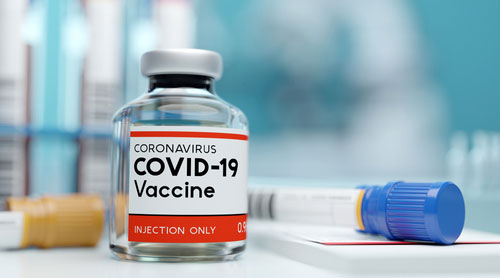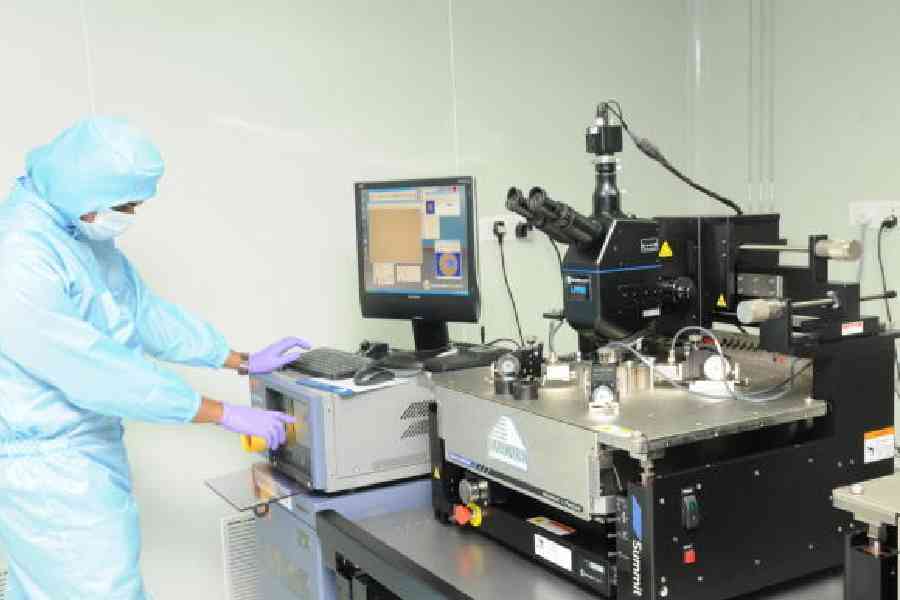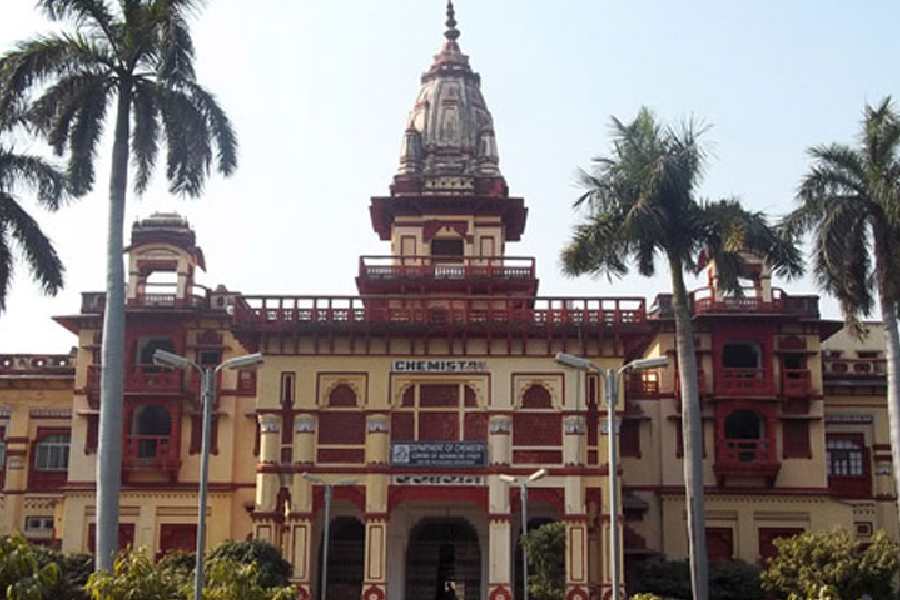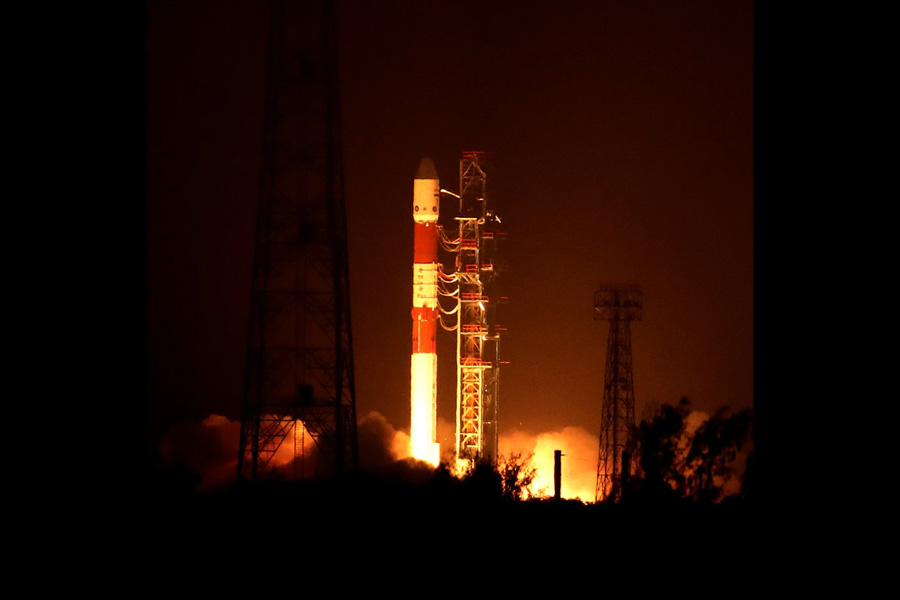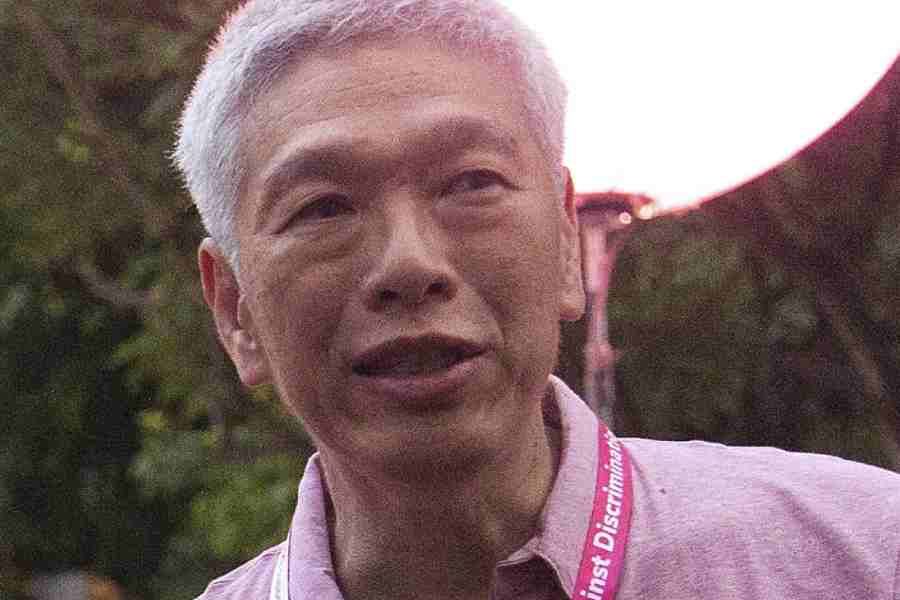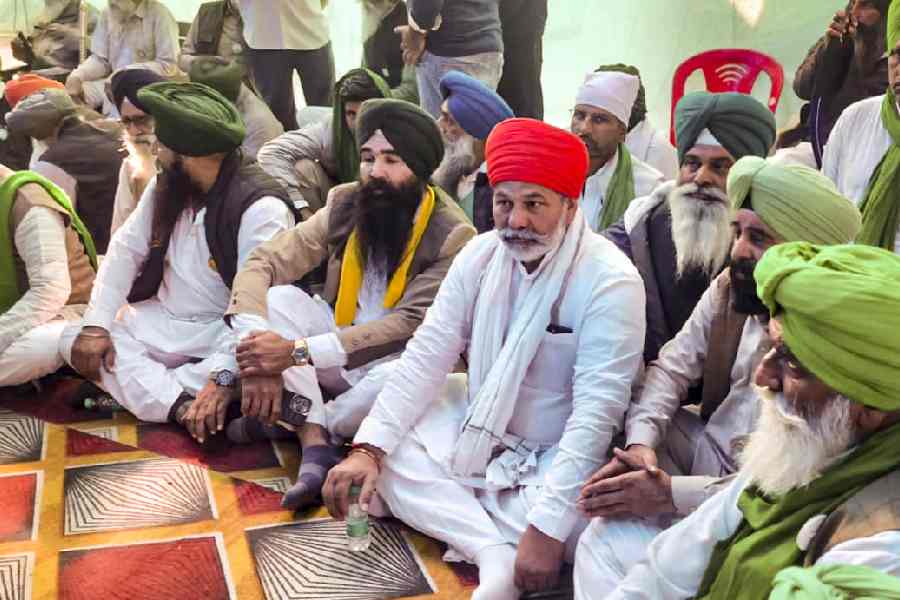Russia’s candidate vaccine against Covid-19 is safe and generates an immune response, Russian researchers said on Friday in their first scientific paper on the vaccine that they want mass produced in India and some other countries.
Early trials on their candidate vaccine on 76 healthy volunteers have found them eliciting an antibody response in the recipients without any serious side-effects, the scientists from the Gamaleya National Research Centre said.
A senior Russian official told a global media conference on Friday that Russia was talking to the Indian government about the candidate vaccine and had “achieved agreements” with leading companies.
While the detection of an antibody response is encouraging, the scientists have themselves cautioned that further investigation is necessary to determine whether the vaccine can prevent Covid-19 in immunised people.
The results of their trials have been published in The Lancet, a medical research journal. Vaccine researchers view the findings as “encouraging” but have underlined that larger and long-term studies and comparisons with placebo are yet to be done.
The findings are “encouraging but small”, Naor Bar-Zeev, an associate professor at the Johns Hopkins Bloomberg School of Public Health in the US, wrote in a commentary in the journal. “The immunogenicity bodes well…. Clinical efficacy for any Covid-19 vaccine has not yet been shown.”
The two-part vaccine is made up of two types of the human adenovirus, genetically engineered to express a key coronavirus protein and weakened so that they cannot replicate or cause disease in humans.
The decision by Russian regulators last month to approve the vaccine ahead of critical large-scale efficacy trials that would have determined whether it can actually protect people from Covid-19 had surprised many scientists.
The Russian researchers have reaffirmed their confidence in their candidate vaccines, which they say are based on robust technology. Russia plans to immunise 40,000 people in the coming weeks.
The Russia Direct Investment Fund, a sovereign wealth fund created by the Russian government for joint partnerships, had last month signalled its intention to conduct clinical trials and seek mass production of the vaccine in India.
“We are in a close dialogue with the corresponding ministries in India, the Indian government and the leading (vaccine) manufacturers regarding (local) production of the vaccine in India,” Kirill Dmitriev, chief executive officer at the RDIF, told a global media conference.
“We have achieved certain agreements with the leading companies and we recognise India and its potential to become one of the hubs for production of the vaccine, not just for the Indian market but also for other countries,” Dmitriev added.
He said Russia appreciated that Indian researchers asked questions about how the vaccine works.
“We appreciated that they did not start to attack the vaccine and first tried to understand it and in their desire to understand our vaccine, they got to realise that the approach based on the human adenovirus vaccine platform is the most reasonable approach,” he said.
Thirty-four candidate vaccines worldwide are under human trial.
Some scientists have predicted that the earliest commercial vaccines might emerge by early 2021.

